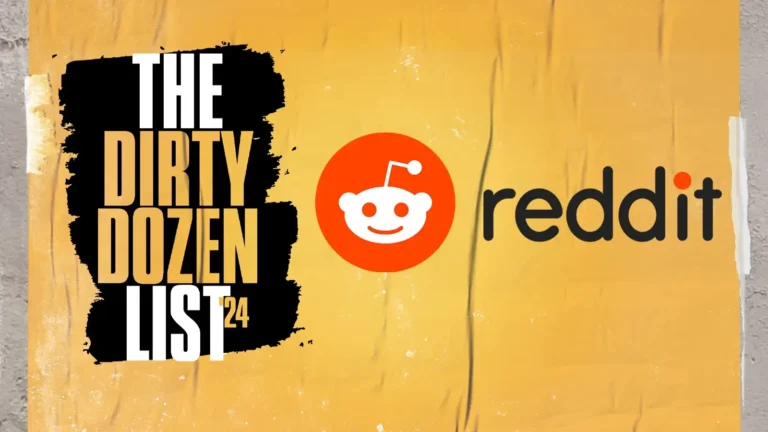The National Conference of State Legislature has put together a list laws relating to filtering, blocking and usage policies in schools and libraries. Acces the list here. It was last updated January 13, 2011
Overview of State Laws
Twenty-five states have Internet filtering laws that apply to publicly funded schools or libraries. The majority of these states simply require school boards or public libraries to adopt Internet use policies to prevent minors from gaining access to sexually explicit, obscene or harmful materials. However, some states also require publicly funded institutions to install filtering software on library terminals or school computers.
Federal Children’s Internet Protection Act (CIPA)
Congress in 2000 enacted the Children’s Internet Protection Act (CIPA) as part of the Consolidated Appropriations Act. The act provides three different types of funding: 1) aid to elementary and secondary schools; 2) Library Services and Technology Act (LSTA) grants to states for support of public libraries; and 3) the E-rate program that provides technology discounts to schools and public libraries.
CIPA requires public libraries that participate in the LSTA and E-rate programs to certify that they are using computer filtering software to prevent the on-screen depiction of obscenity, child pornography or other material harmful to minors. The act allows adult library patrons to request that a librarian disable the filtering software. In order to receive E-rate discounts, libraries are not allowed to disable filtering programs for minor users. The federal Communications Commission website provides background information about the Children’s Internet Protection Act.
Supreme Court Ruling on CIPA
In June 2003, the U.S. Supreme Court upheld CIPA, overturning an earlier court ruling that had prevented the law from taking effect in libraries. In United States v. American Library Association, the court ruled that CIPA does not violate the First Amendment, even though it may block some legitimate sites, because libraries may disable the filters for adult patrons upon request.
Articles About the CIPA Ruling
“Supreme Court Upholds Internet Filters,” Washington Post, June 23, 2003


